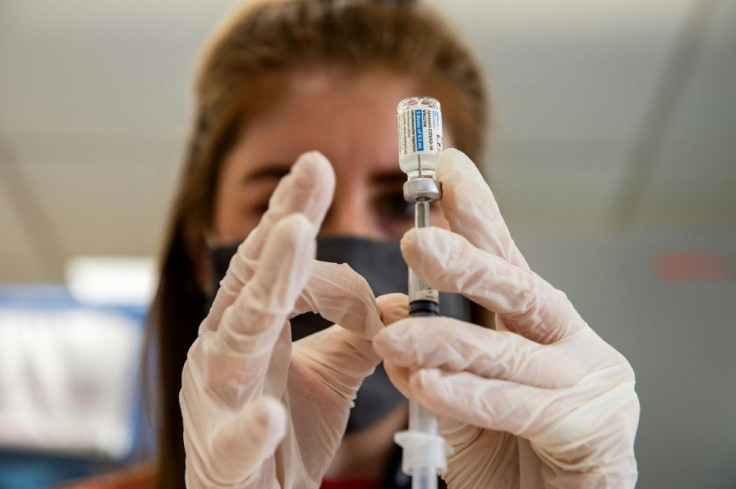COVID Vaccines Could Be Ineffective In A Year Due To Variants, Then What?
While people are lining up in droves to get the COVID vaccine, and with nearly 17% of the population already fully vaccinated, some epidemiologists are concerned these shots could become ineffective within a year due to the rapidly developing variants of the virus.
The startling warning comes from a survey by the People’s Vaccine Alliance that polled 77 experts from the top global academic institutions in 28 countries, including Johns Hopkins, Yale, Imperial College, London School of Hygiene and Tropical Medicine, Cambridge University, the University of Edinburgh, and The University of Cape Town.
Nearly one-third of the survey respondents thought that the vaccine would stop working in nine months or less, while fewer than one in eight believed that the current COVID vaccines would never become ineffective.
Two-thirds of the experts surveyed also indicated that in a year or less, the virus would mutate to the “extent that the majority of first-generation vaccines are rendered ineffective and new or modified vaccines are required.”
The new variants discovered in the U.K., Brazil, and South Africa are posing a challenge for COVID vaccine-makers as they spread more quickly, are more contagious, and in some cases are more deadly. The mutations develop more resistence to vaccines over time.
The drug-makers have said that they are working to develop next-generation vaccines and booster shots that could be used to fight mutations of the virus. Such changes would be necessary as much of the developing world will not have availability to the COVID vaccines until 2022 or later, requiring these drug modifications to prevent further spread of the virus, Axios reported.
“With millions of people around the world infected with this virus, new mutations arise every day," Gregg Gonsalves, associate professor of epidemiology at Yale University, said in the survey. "Sometimes they find a niche that makes them more fit than their predecessors.
“These lucky variants could transmit more efficiently and potentially evade immune responses to previous strains. Unless we vaccinate the world, we leave the playing field open to more and more mutations, which could churn out variants that could evade our current vaccines and require booster shots to deal with them.
Gonsalvez said the top priority is making sure the vaccines work worldwide: “We all have a self-interest in ensuring that everyone around the world, no matter where they live, have access to COVID-19 vaccines," he added. "The virus doesn’t respect borders and new variants somewhere on the planet mean none of us are safe.”
The Centers for Disease Control and Prevention has reported that 56 million Americans have been fully vaccinated to date, while 99.5 million people have received at least one dose of the COVID vaccine.
In the U.S., the Pfizer and Moderna vaccines require two doses for full effectiveness, however, they are being studied to determine if one dose would provide enough protection against the virus.
In two doses, the Pfizer and Moderna COVID vaccines are up to 95% effective against COVID-19. The two companies have said their vaccines are effective against variants.
The Johnson & Johnson vaccine is a one-dose shot that has a 66% efficacy rate against the virus, but it is 100% effective against COVID-related death.

© Copyright IBTimes 2024. All rights reserved.





















